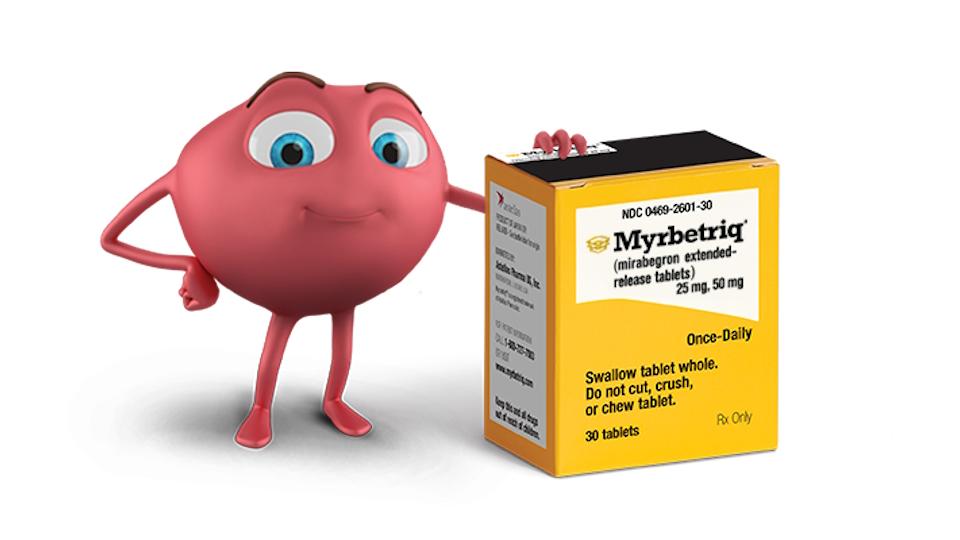Innovation and development of generic pharmaceuticals

Generic drugs are incredibly important in the medical field, not only for their effectiveness, but also for their cost-saving potential for both manufacturers and customers.
Medication affordability is a prevalent issue: according to a study from West Health and Gallup, an estimated 15.5 million adults under 65 went without medication due to high drug costs. As such, it is vital that the development of generic medicines is as efficient as possible, as they are much more accessible to all budgets in comparison to their branded counterparts. Bachem, a Swiss pharmaceutical company, is taking a multidisciplinary approach that enhances commercial success, whilst minimising risk.
What are generics?
Generics are drugs that are designed to replicate the original branded drug. They are the same as branded drugs in terms of dosage, strength, administration, quality, performance, and intended use. The same active pharmaceutical ingredients (APIs) must be used in generic drugs as their branded counterpart. Once the patent of a brand-name drug expires, generic drugs are able to enter the market. Essentially, generics are virtually identical to the brand-name version, being just as effective and offering the same benefits.
However, generics aren’t simply just carbon copies of brand-name drugs: a great deal of complex research, testing, and compliance goes into the creation of generics.
Why are generics important?
Generic drugs are important as they make medication much more accessible to the wider population. The safe and effective alternatives to brand-name drugs are extensively used, with a significantly reduced cost. Healthcare customers are able to access high-quality products within budget, boosting the effectiveness of the healthcare system. Generic drugs are becoming increasingly popular, with most brand-name drugs having a generic counterpart.
Bringing more drug competition into the market in the form of generics will address the problem of high-cost branded medications, making it a top priority.
Why are generic drugs cheaper?
Generic drugs tend to be less expensive, as they don’t cost as much to develop. This is because brand-name medications are new drugs that require research, development, and clinical trials. These new discoveries undergo years of human and animal testing before being deemed safe and effective drugs. Brand companies then get exclusivity and patent protection to ward off competition from generic drugs for several years, meaning these branded drugs are sold at a higher price point to compensate the makers for their initial costs.
Generic drugs still undergo rigorous research and testing, but clinical studies are no longer required, as the drug is essentially the same. The lower costs mean that generic drugs can be sold at a much more accessible price point.
How to mitigate the challenges of generics
Creating generics isn’t as simple as copying the existing branded drug. Making generics requires the mastery of a whole host of different skills, including the legalities of acquiring new products, regulatory support, research, and manufacturing, along with a strong distribution network. There is no room for inefficiency when developing generics, as products need to be delivered at the right time, with the right price, whilst being 100% safe and effective.
The challenges that come with creating generics vary across risk, regulatory, and compliance issues, which is why a comprehensive approach to developing APIs is a requirement. Bachem, for instance, manufactures some of its own materials, providing generic APIs with a safe and sustainable supply chain, thus minimising the risk of creating generics without support.
To give an example, the FDA issued demanding guidelines for the development of certain highly purified synthetic peptides, so ensuring efficient and high-quality production of this is essential - especially as there’s currently high interest among the complex peptide API portfolio in the generics market, such as GLP-1 analogues like liraglutide or semaglutide.
Originally, liraglutide and semaglutide are produced at an industrial scale using genetically modified organisms. Developing a robust and scalable commercial GMP process to manufacture them synthetically via solid-phase peptide synthesis (SPPS) combined with efficient purification methods means APIs are obtained with high purity and minimised batch-to-batch variations. This ensures strict control of every individual impurity and aggregation behaviour.
Following this process, the sameness of the generic API with the original drug substance is proved with a combination of multiple sophisticated orthogonal analytical methods. It allows a detailed comparison to be made with the reference listed drugs, followed by immunogenicity and toxicological studies for individual impurities.
Why generics are a better choice for many
A generic drug can be a better option for many, predominantly due to the cost factor. Generic drugs are much more accessible to all budgets in comparison to their branded counterparts. Low-cost generics have been shown to have better health outcomes, as patients are more likely to take their prescribed medicines without the cost being a concern.













